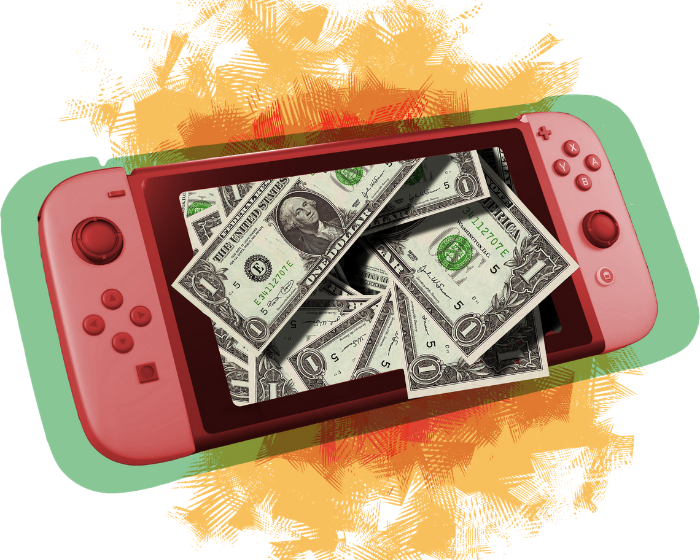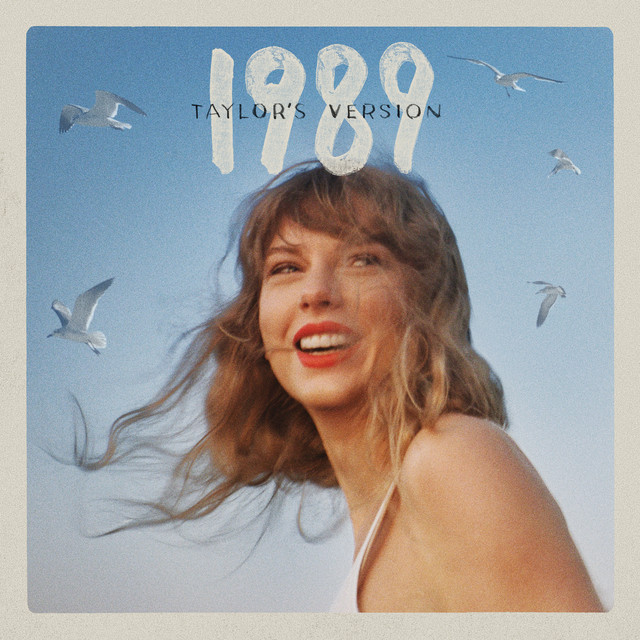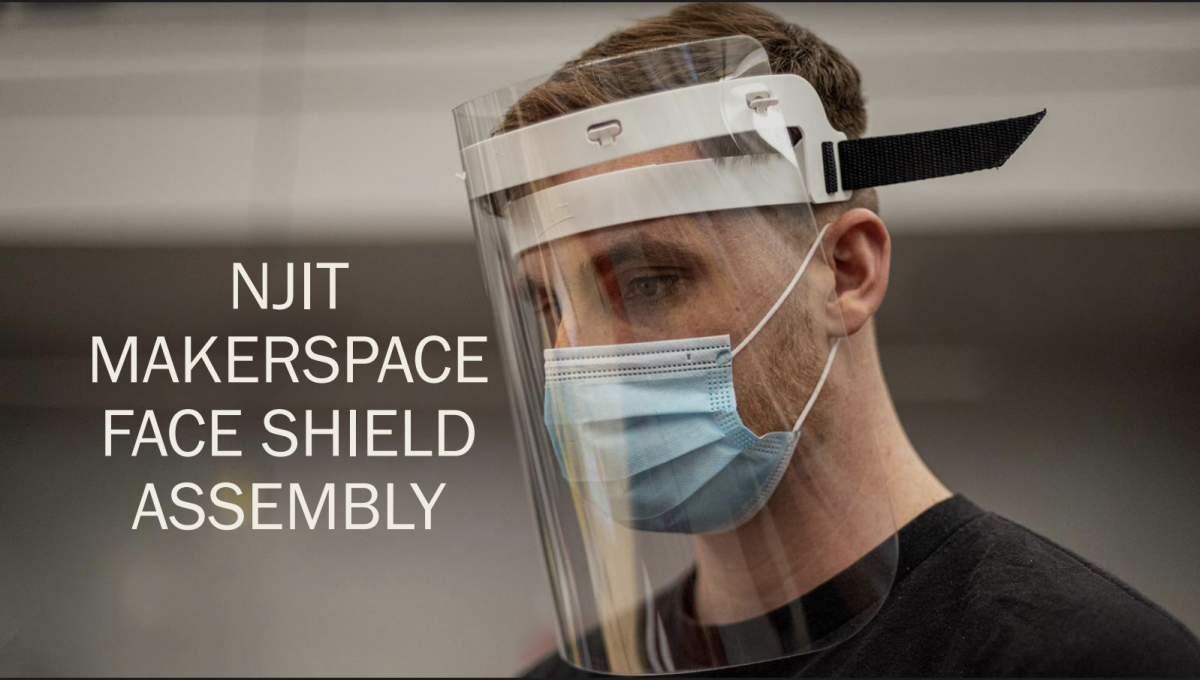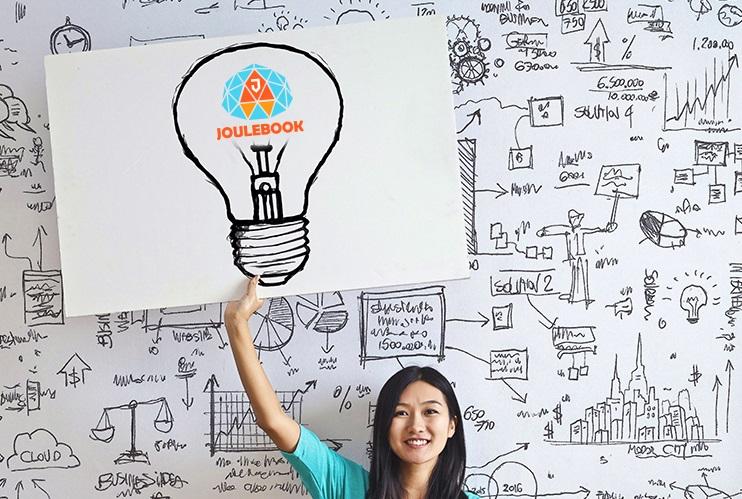[cmsmasters_row][cmsmasters_column data_width=”1/1″][cmsmasters_text]
Nintendo is a Japanese multinational video game company, owner of several famous intellectual properties such as Mario and The Legend of Zelda. The company has produced several of the world’s best-selling video games and gaming consoles, and it has cemented itself as one of the three major gaming console distributers, along with Microsoft and Sony. Several video game companies have faced criticism over anti-consumer practices such as offering advantages in gameplay through monetary purchases or offering excessive and overpriced microtransactions in games offered to children and teens. Nintendo has kept its hands clean of scummier sales tactics, but it is guilty of other arguably equally anti-consumer practices unique to the Japanese company.
The first thing that comes to mind when you think of buying an older Nintendo game is the price. Standard triple A games, the types of games you see commercials for, developed by the company itself (first-party games), are initially priced at the industry standard, $59.99. Several of Nintendo’s franchises are the most popular in their respective genres, in some cases being the only best-selling triple A games in their genre. As such, they face more competition from used copies than they do from other companies’ games. Nintendo games retain their value accordingly, with many of its games never seeing a permanent price cut even after new copies stop being produced.
Additionally, Nintendo offers a “Nintendo Selects” label, where they print new copies of staple first-party games at a permanently reduced price. However, this label is only offered for certain games and only at the end of a console’s life, whereas games on other consoles have permanent price cuts within only a few years.
PlatinumGames’ “Bayonetta 2,” an action-adventure hack-and-slash published by Nintendo for the Wii U, is an example of one game that has retained its value. The game was packaged with a port of its prequel, Bayonetta, and initially retailed for $59.99 in 2014. Bayonetta 2 for the Wii U hasn’t seen a price cut since its original release 6 years ago.
On the other hand, PlatinumGames’ “Nier: Automata” is an action role-playing game published by Square Enix and initially retailed for $59.99 in 2017. The definitive version of the game comes with a downloadable content pack pre-installed and is currently priced at $39.99 on all platforms.
Avoiding price cuts isn’t Nintendo’s only strategy for getting more money off old games. Nintendo’s previous console, the Wii U, suffered from poor sales and a short lifespan. The Wii U’s successor, the Nintendo Switch, has been blessed with fantastic sales. Nintendo used this opportunity to rerelease, or port, the Wii U’s best games to the Switch.
Game ports are precedented and welcome to many in the gaming community. They give many gamers their first chance to play older video games with more commonplace consoles. It is expected for ports of video games to be priced with the age of the game in mind, with many ports to modern consoles being priced cheaper than the original. However, this is not the case with first-party Nintendo ports. Ports such as “New Super Mario Bros. U Deluxe” and “Donkey Kong Country: Tropical Freeze (Tropical Freeze)” are priced at $59.99, the same price as a modern triple A game, except these games originally released in 2012 and 2014 respectively, with “Tropical Freeze” being priced $10 higher than the original release.
On two occasions Nintendo has stooped to arguable anti-consumerist methods to increase the sales of their ports. The original “Tropical Freeze” was added to the Nintendo Selects label in 2016, two years after its release. The game was ported to the Nintendo Switch in 2018 with one new character, no major additional features and a price that was $10 higher than its retail price and nearly triple the current Wii U retail price.
A short time before the Nintendo Switch port was released, the digital version of “Tropical Freeze “was delisted from the Wii U’s online game shop (eShop). The vast majority of Wii U games are still available for purchase and no official reason was given by Nintendo. A similar situation occurred with the Nintendo Switch port of the Wii U’s “Pikmin 3,” titled “Pikmin 3 Deluxe.” “Pikmin 3,” another Wii U Nintendo Select, was removed from the Wii U eShop several months before “Pikmin 3 Deluxe” was set to release. Nintendo then sold “Pikmin 3 Deluxe” on the Nintendo Switch at $59.99. “Pikmin 3” was reinstated to the Wii U eShop a month after its release on the Switch system. “Tropical freeze” has yet to return to the Wii U eShop, though used copies can still be purchased.
Nintendo is well known for its rudimentary online services. Its latest console, the Nintendo Switch, lacks basic online features, such as standardized voice chat, that entered the market nearly 2 decades ago.
Earlier Nintendo consoles offer online services for free, but online functionality is locked behind a $20 yearly subscription called Nintendo Switch Online (NSO). This service is cheaper its PlayStation and Xbox equivalents, but offers significantly less in return. The console itself offers no way to communicate with online friends, and only basic standardized online services are available for developers to use. Nintendo Switch owners are essentially paying $20 a year for a service that has mostly remained stagnant since its debut on Nintendo’s Wii in 2006.
The one major addition that NSO has over its predecessors is online cloud saves. Subscribers are given the option to store game save data to Nintendo’s servers. Unfortunately, this is the ONLY way a Nintendo Switch owner can back-up their game data.
There is currently no way to legally back-up Nintendo Switch game data locally. Unlike the PlayStation 4, the Xbox One, and more recent Nintendo consoles, the Switch offers no way for users to store their save data on a computer or external hard drive. The system supports up to two terabytes of removable storage via microSD, but save data stored on a microSD can only be read by the original console. This means that Switch users are either forced to pay for NSO to ensure that their game data is safe, or they must risk losing all their data permanently in the event of a hardware failure.
Nintendo has faced little backlash over these actions for several reasons. Firstly, the market decides the cost of a video game as much as Nintendo does. Nintendo gamers are perfectly fine paying full price for older games and ports and fans are perfectly content paying for sub-par online services. Nintendo is happy to oblige. Secondly, the gamers that are directly affected by Nintendo’s thuggish sales tactics are few and far between. The Nintendo Wii U held low market share throughout its lifetime especially when compared to the Nintendo Switch. The profit that comes from selling a port at higher than its original price must outweigh the goodwill of a few Wii U holdovers.
The biggest reason why Nintendo hasn’t faced any major backlash is owed to its strong library of games. “Super Smash Bros.” is crossover fighting game featuring major characters from gaming history. Rather than depleting a player’s health bar like in traditional fighting games, hits that a player receives increases their knockback until they are physically thrown off the screen. There is no game in the genre with even a fraction of the fame or polish. There’s a reason you see “Super Smash Bros.” being played by residents in the Redwood lounge nearly every night.
Nintendo has earned its fans through its games, and its fans endure the company’s money-grubbing tactics. It can’t be said that Nintendo is any worse than other major video game companies when it comes to anti-consumer practices, but at the same time it receives little criticism in the areas where it does do wrong.
I wouldn’t say to cut Nintendo games out of your life, but you might want to think about cheaper options when you see the prices of its games this holiday season.
[/cmsmasters_text][/cmsmasters_column][/cmsmasters_row][cmsmasters_row data_shortcode_id=”skwppgsyw” data_padding_bottom_mobile_v=”0″ data_padding_top_mobile_v=”0″ data_padding_bottom_mobile_h=”0″ data_padding_top_mobile_h=”0″ data_padding_bottom_tablet=”0″ data_padding_top_tablet=”0″ data_padding_bottom_laptop=”0″ data_padding_top_laptop=”0″ data_padding_bottom_large=”0″ data_padding_top_large=”0″ data_padding_bottom=”50″ data_padding_top=”0″ data_bg_parallax_ratio=”0.5″ data_bg_size=”cover” data_bg_attachment=”scroll” data_bg_repeat=”no-repeat” data_bg_position=”top center” data_color=”default” data_bot_style=”default” data_top_style=”default” data_padding_right=”3″ data_padding_left=”3″ data_width=”boxed”][cmsmasters_column data_width=”1/1″ data_shortcode_id=”jts9ahl5xj” data_animation_delay=”0″ data_border_style=”default” data_bg_size=”cover” data_bg_attachment=”scroll” data_bg_repeat=”no-repeat” data_bg_position=”top center”][/cmsmasters_column][/cmsmasters_row]
































